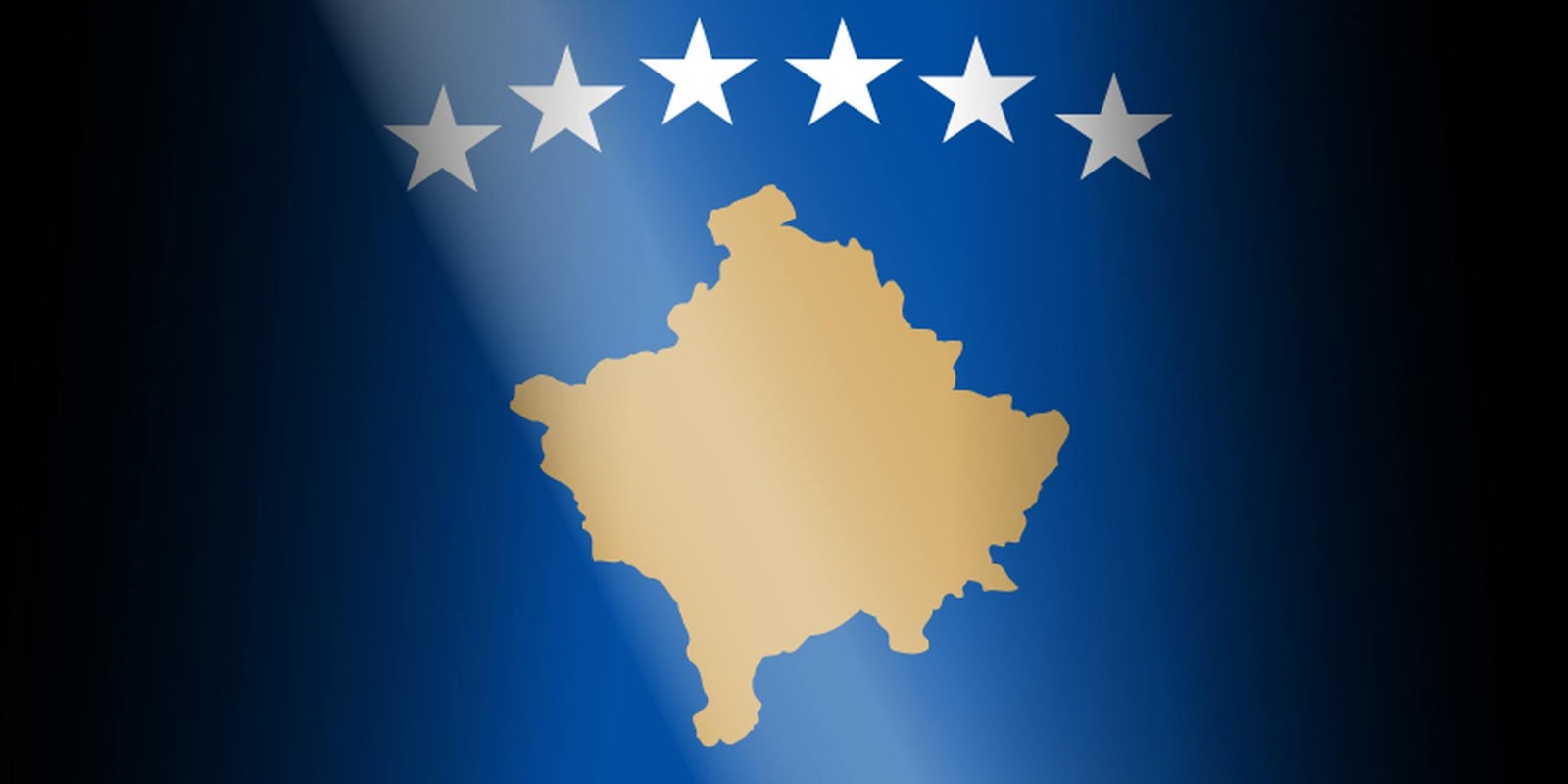On February 17, 2008, the Republic of Kosovo declared its independence from Serbia. In the years since, the small Balkan nation has struggled with its sovereign status. While over 100 United Nations member countries have given it recognition, the U.N. itself has yet to grant it an official seat due to opposition from influential members like Russia and China.
In November, the country’s efforts finally paid off when social networking giant Facebook bowed to pressure and started allowing residents to register their home country as Kosovo.
“Facebook has grown to 1.2 billion users in eight years, faster than the growth of Islam, Christianity and the Internet itself,” Kosovo Deputy Foreign Minister Petrit Selimi, Kosovo told the New York Times. “Being recognized on the soccer pitch and online has far greater resonance than some back room in Brussels.”
According to Facebook’s ad targeting figures, about 240,000 people have selected Kosovo as their home country.
Previously, Kosovars were forced to list their home country as Serbia. Before the switch, many Kosovo residents had taken to putting their home country as the Caribbean island nation of Antigua in protest.
Kosovo’s victory in getting Facebook to recognize it didn’t come easily. The effort was part of a coordinated campaign designed to convince organizations across the Internet to begin listing the country on their websites.
The central hub of this project is the non-profit, government-backed Digital Kosovo website. On Digital Kosovo, citizens are given templates to assist in sending emails to various websites encouraging them to begin recognizing Kosovo.
‟The exclusion of Kosovo from many of the biggest websites in the world means that Kosovo citizens continue to be excluded from fully utilizing online services; a right taken for granted by people around the world,” Selimi said in a September statement announcing the launch of Digital Kosovo. ‟It also has a detrimental knock-on effect on our economy.”
Foreign Policy notes that many Internet companies’ lack of recognition of Kosovo does more than just hurt national pride, it also makes conducting certain online transactions considerably more difficult:
The widespread lack of online recognition burdens Kosovars daily. For example, want to order a book from Amazon and have it delivered to your home in Pristina, Kosovo’s capital? Because Amazon doesn’t recognize Kosovo as an independent state, you need to put “Albania” as your country of residence, followed by “Kosovo Kosovo Kosovo” in the additional comments box, just to drill home the point that you don’t actually live in Albania. And even then, orders end up disappearing in the bureaucratic cracks. Similar headaches abound with other Internet companies.
Digital Kosovo maintains a list of some of the Internet companies that have recognized Kosovo in some form or another after external pressure was applied. Examples include Microsoft, Blackberry, Bloomberg, MailChimp, LinkedIn, and Google.
In an email to Radio Free Europe, a Facebook spokesperson downplayed the political significance for the change, instead noting that decision was largely based on the user-generated content coming out of the country. ‟Companies have clearly no role to play in the formal recognition of countries as this is a matter for the international community to decide,” the company representative wrote. ‟We do try to ensure that our service meets the needs of our users and so will offer options for checking in and targeting communications that reflect geographical designations that are in common usage.”
Facebook’s track record of recognizing other nations that have not received universal recognition from the international community is mixed. South Sudan, the world’s actual newest country, is selectable as a home country option on Facebook, as is Palestine and the Georgian breakaway state of South Ossetia. Other contested states, such as the Turkish Republic of Northern Cyprus and another self-proclaimed independent country, known as Abkhazia, formerly known as a Georgian territory, are not listed.
Photo by Kosovo Future Maker/flickr


